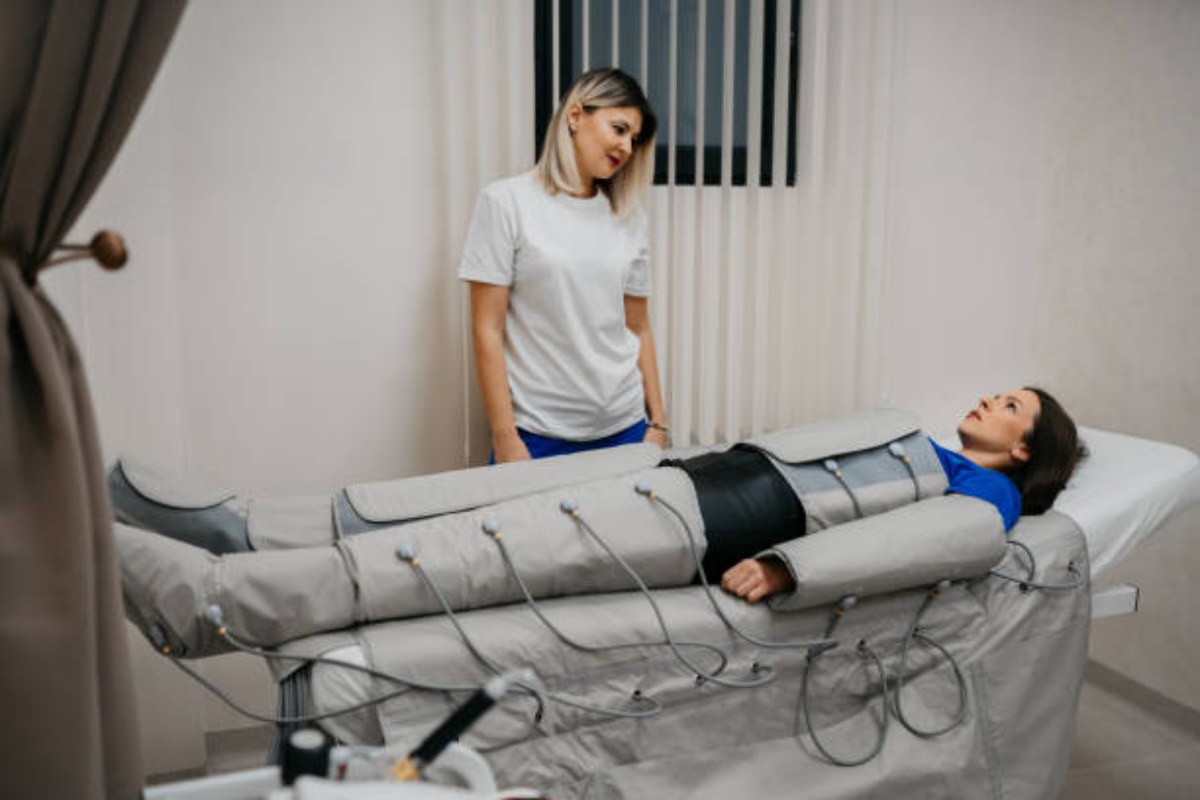Table of Contents
Intro
Pain is one of the most common complaints after surgery. It can be difficult to cope with, especially when you are trying to recover.
Fortunately, there are ways to reduce pain after surgery. In this blog post, we will discuss some of the best methods for reducing pain and making your recovery easier.
1. Pain Medication
Taking the medication that your doctor or surgeon prescribed is one of the most effective ways to reduce pain after surgery.
These medications are designed to target the source of your pain and ease the discomfort that you may be feeling.
2. Cold Therapy
Applying cold packs or ice packs to the area in pain can help reduce swelling and inflammation, as well as dull the sensation of pain.
Cold therapy should be used for no more than 20 minutes at a time, with 30-minute breaks in between applications.
You might also consider applying a cold compression garment to help work on swelling while managing pain.
3. Heat Therapy
Applying heat to the painful area may also provide some relief from pain after surgery.
Heat helps relax muscles and increases blood flow to the area, which can reduce stiffness and achiness.
Heat therapy should not be applied directly to the skin; it is best to use an electric heating pad or hot water bottle with a cloth barrier in between.
4. Exercise & Movement
Gentle exercise like walking or stretching can help improve circulation and range of motion, which can help reduce pain after surgery.
However, it is important to follow your doctor’s instructions and not push too hard. Read more on the relationship between pain management and exercise here.
5. Massage
Massaging the area in pain can improve circulation and promote healing by relieving muscle tension and releasing endorphins, which are natural painkillers.
It is important to ask your doctor if massage therapy would be appropriate for you before beginning any treatment.
6. Physical Therapy
Physical therapy can be beneficial for managing pain after surgery. A physical therapist can help you create an individualized plan to reduce your pain and improve your overall recovery.
While this may not be the first thing to do after surgery, it can certainly help in the days and weeks following a procedure.
7. Rest
It is important to get adequate rest after surgery, both physical and mental. Make sure to take breaks throughout the day, listen to your body’s needs, and try to avoid stress or activity that might cause further injury.
For many surgeries, it is recommended that you do not move the affected site for days. Whatever your prescribed rest time, don’t try to rush it or risk greater injury.
8. Maintain a Healthy Diet
Eating a healthy, well-balanced diet can help boost your immune system and promote healing after surgery.
Eating foods that are high in vitamins and minerals like fruits, vegetables, and lean proteins are especially beneficial during the recovery process.
9. Elevate Body Parts
Elevating body parts that are in pain can also be helpful as it helps reduce swelling and inflammation.
Make sure to follow your doctor’s instructions regarding how long to keep the area elevated each day.
While this is not always possible, depending on the treatment, it can be helpful in many circumstances.
10. Acupuncture
Acupuncture is an ancient practice that has been used to treat pain for centuries.
It involves inserting thin needles into the skin at specific points, which helps target the source of pain and stimulate healing.
While studies have not definitively proved its effectiveness, many people report feeling relief after receiving acupuncture Singapore treatment.
11. Stress Management
It can be difficult to cope with pain after surgery, but taking the time to relax and manage stress can help.
Stress-relief techniques like meditation, yoga, or deep breathing can help reduce pain and improve your overall recovery.
Adopting natural remedies like cannabis can double as stress and pain management!
Conclusion
By following these tips, you should see a reduction in your post-surgery pain and an overall easier recovery process.
Remember to always consult with your doctor or surgeon before attempting any of these treatments to ensure that they are right for you.
With their guidance, you can find the best solution for reducing your pain and giving yourself the best chance for a speedy recovery.

